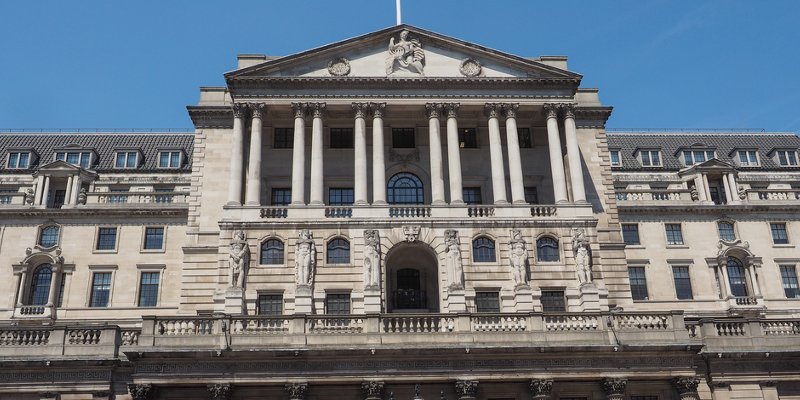The MPC also unanimously voted to maintain the stock of government bond purchases at £435bn.

The Bank of England’s Monetary Policy Committee has held the base rate at 0.25% by an 8-1 majority.
Kristin Forbes, whose term on the MPC is set to end on June 30, created the first MPC split since July last year by voting for a 0.25% increase.
The MPC also unanimously voted to maintain the stock of government bond purchases at £435bn.
The move to maintain record low base rates came after the US Federal Reserve upped its rate by 0.25% in March.
Jeremy Duncombe, director of Legal & General Mortgage Club, said: “The Bank of England has chosen not to follow the Fed by voting for a rate rise - no surprise there.
“The logic suggests that UK economy is not ready for a rate rise, especially with Article 50 just weeks away.”
The minutes showed the MPC is allowing inflation to rise above the 2% target rather than cause higher unemployment and even weaker income growth.
CPI inflation stood at 1.8% in January but is expected to rise above 2% in the next few months before peaking at 2.75% in early 2018.
Ruth Gregory, UK economist at Capital Economics, said: “The UK Monetary Policy Committee’s vote to leave interest rates on hold and the scale of its asset purchases unchanged this month came as no surprise given the uncertainty surrounding the economic outlook.
“There had been previous suggestions that some members were close to the “limits of their tolerance” of higher inflation.
“So it was perhaps not too surprising either that Kristin Forbes voted for a rate hike this month, citing the notable increases in measures of domestically-generated inflation.
“Admittedly, with Forbes’ term on the MPC set to end on June 30, she only has two meetings left to continue casting such a vote.”
She added: “Given the considerable degree of uncertainty surrounding the economic outlook, it still seems unlikely that the MPC will follow the US Fed and raise rates anytime soon.
“A rate rise towards the end of 2018 seems more likely to us – provided that growth remains relatively resilient as we expect.”



